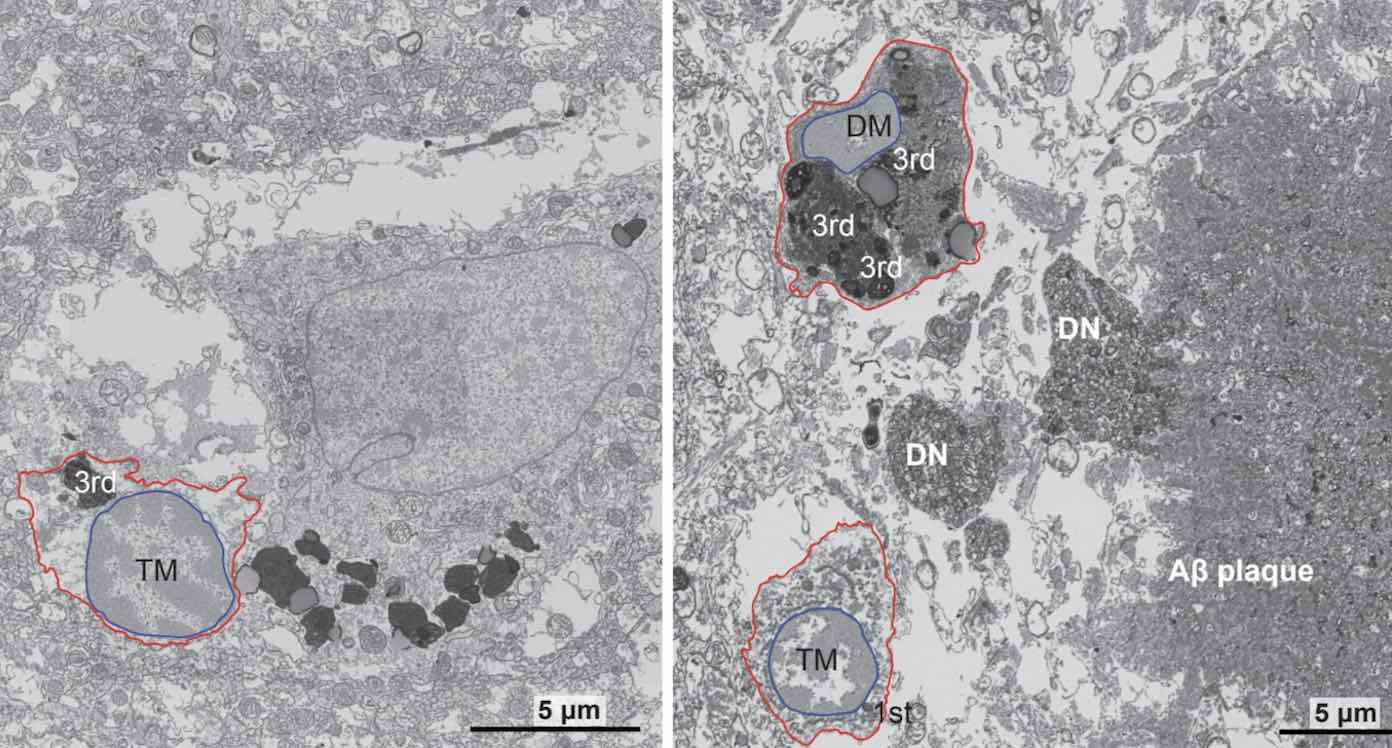Key Alzheimer’s Breakthrough: Unveiling Stress Mechanism in Brain Cells
Understanding the Cellular Mechanism Behind Alzheimer's
Alzheimer's disease, characterized by progressive memory loss and cognitive decline, is a major concern worldwide. Researchers have been tirelessly working to understand its underlying mechanisms. The latest breakthrough by scientists at the City University sheds light on the critical role that stress-induced cellular activities in the brain's immune cells play in driving Alzheimer's.
The Role of Microglia in Brain Health
Microglia are the brain's resident immune cells, tasked with the vital job of clearing debris and protecting neurons. However, the study reveals that under stress, these cells can become overactive and contribute to neurodegeneration. The research suggests that targeting this stress response in microglia could be a promising therapeutic strategy.

Potential for New Alzheimer's Treatments
This newfound understanding paves the way for developing therapies that specifically modulate microglial activity. By reducing the stress-induced overactivity of these cells, it could be possible to slow down or even halt the progression of Alzheimer's disease.
- Focus on stress management could play a crucial role in treatment.
- Pharmacological interventions targeting microglial response.
"Our findings open new avenues for therapeutic intervention and give hope to countless families affected by Alzheimer's," according to the lead researcher from CUNY.
For an in-depth understanding of microglia's role in Alzheimer's, consider reading this research paper. Experts also recommend this book on neuroimmune interactions for further exploration.
Connect with Experts and Stay Informed
Join forums and groups like Alzheimer's LinkedIn Group to engage with experts sharing the latest developments and support networks.
Keeping abreast of the latest findings is crucial. Follow leading researchers and healthcare professionals on Twitter for real-time updates and expert commentary. Exploring these platforms ensures you stay connected with the ever-evolving field of Alzheimer's research.
As our understanding of Alzheimer's progresses, the insights from the CUNY study underscore the importance of innovative thinking in the fight against this complex disease. With further research and collaboration, there is hope for groundbreaking solutions that can ease the burdens of Alzheimer's.
